だらけ、まみれ、ずくめの使い方、そのニュアンスの違い
日本語には「まみれ」、「だらけ」、「ずくめ」という似ているけど違う意味を持つ言葉があります。これらはみんな「多くの量」を表しますが、使い方に違いがあります。
「まみれ」は、何かによって覆われたり、くっついた状態を示します。例えば、泥まみれ(どろに覆われた状態)や血まみれ(血に覆われた状態)などです。
「だらけ」は、たくさんのものがあちこちにある状態を表します。例えば、傷だらけ(たくさんの傷がある状態)やゴミだらけ(ゴミがたくさんある状態)です。
「ずくめ」は、特定のものがほとんど全てを占めている状態を言います。例えば、幸せずくめ(幸せなことがほとんど)や黒ずくめ(ほとんど全てが黒い服装)のように使います。
English Translation: In Japanese, there are words like “mamire,” “darake,” and “zukume,” which are similar but have different meanings. All these words indicate a ‘large quantity,’ but they are used differently.
“Mamire” indicates a state where something is covered or stuck by something else. For example, “doro mamire” (covered in mud) or “chi mamire” (covered in blood).
“Darake” expresses a state where many things are scattered around. For instance, “kizu darake” (full of wounds) or “gomi darake” (full of trash).
“Zukume” is used when a specific thing almost entirely occupies a state. Like “shiawase zukume” (mostly happy situations) or “kuro zukume” (almost entirely in black clothing).
Traditional Chinese Translation: 日文中有「まみれ(mamire)」、「だらけ(darake)」和「ずくめ(zukume)」這幾個詞,雖然相似但意義各異。這些詞都表示「大量」,但使用方式有所不同。
「まみれ」表示被某物覆蓋或黏附的狀態。例如,「泥まみれ」(被泥土覆蓋的狀態)或「血まみれ」(被血液覆蓋的狀態)。
「だらけ」用來表示許多東西散佈在各處的狀態。例如,「傷だらけ」(充滿傷口的狀態)或「垃圾だらけ」(到處都是垃圾的狀態)。
「ずくめ」指某特定物佔據了幾乎全部的狀態。如「幸福ずくめ」(幾乎全是幸福的情況)或「全黑ずくめ」(幾乎全身黑色的衣著)。
まみれ(例文からイメージしよう)
-
- 雨の日にサッカーをした後、彼は泥まみれになっていた。
-
- English: After playing soccer on a rainy day, he was covered in mud.
- Traditional Chinese: 雨天踢足球後,他全身泥巴覆蓋。
- 彼女は仕事で忙しくて、汗まみれの一日を過ごした。
-
- English: She was busy with work and spent the day drenched in sweat.
- Traditional Chinese: 她工作忙碌,度過了一整天滿身汗水。
- 砂浜で遊んだ子どもたちは砂まみれだった。
-
- English: The children who played on the sandy beach were covered in sand.
- Traditional Chinese: 在沙灘上玩耍的孩子們全身沙子。
-
- 事故で血まみれになった車が道路に横たわっていた。
-
- English: A car, covered in blood from an accident, lay across the road.
- Traditional Chinese: 一輛因事故而血跡斑斑的車躺在道路上。
- ペンキをこぼして、彼の新しいシャツはペンキまみれになった。
-
- English: He spilled paint, and his new shirt got covered in paint.
- Traditional Chinese: 他灑了油漆,他的新襯衫全是油漆。
だらけ (例文からイメージしよう)
-
- 古い家はネズミだらけだった。
-
- English: The old house was full of mice.
- Traditional Chinese: 那間老房子到處都是老鼠。
- その古い本は誤字だらけだ。
-
- English: That old book is full of typos.
- Traditional Chinese: 那本舊書滿是打字錯誤。
- 彼女の部屋はおもちゃだらけだ。
-
- English: Her room is full of toys.
- Traditional Chinese: 她的房間到處都是玩具。
- このエリアは高層ビルだらけだ。
-
- English: This area is full of high-rise buildings.
- Traditional Chinese: 這個區域到處都是高樓大廈。
- 彼の話は嘘だらけだ。
-
- English: His story is full of lies.
- Traditional Chinese: 他的故事充滿了謊言。
ずくめ (例文からイメージしよう)
-
彼女の結婚式は幸せずくめの一日だった。
- English: Her wedding day was full of happiness.
- Traditional Chinese: 她的婚禮是充滿幸福的一天。
-
彼の新しいプロジェクトは成功ずくめで、会社からも高い評価を受けた。
- English: His new project was full of successes and highly praised by the company.
- Traditional Chinese: 他的新項目充滿了成功,並受到公司的高度評價。
-
こちらのメニューはローカロリー食品ずくめです。
- English: This menu is entirely composed of low-calorie foods.
- Traditional Chinese: 這個菜單完全是低卡路里食品。
-
その映画は驚きずくめの展開だった。
- English: The movie was full of surprising developments.
- Traditional Chinese: 那部電影充滿了驚人的發展。
-
新しい仕事は挑戦ずくめで、非常に刺激的だ。
- English: The new job is full of challenges and very exciting.
- Traditional Chinese: 新工作充滿挑戰,非常刺激。



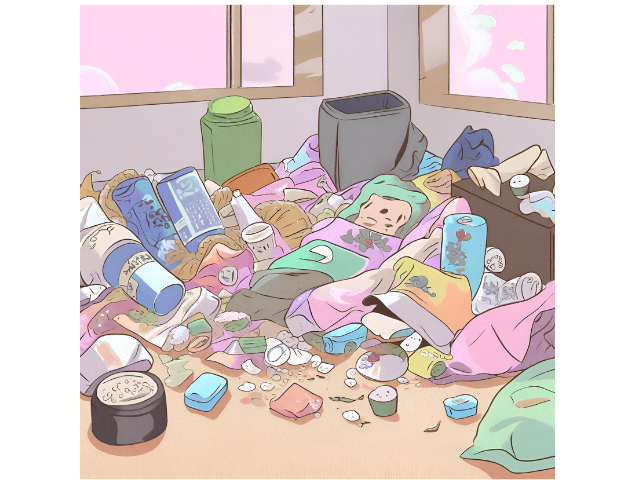

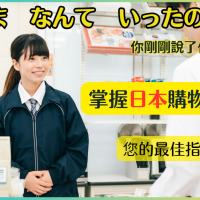

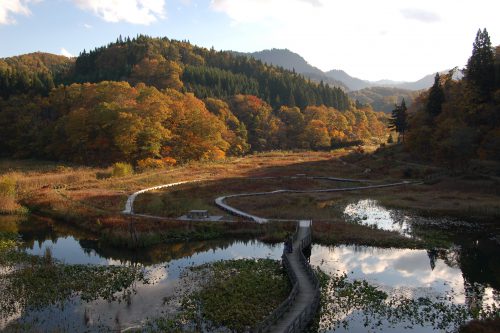
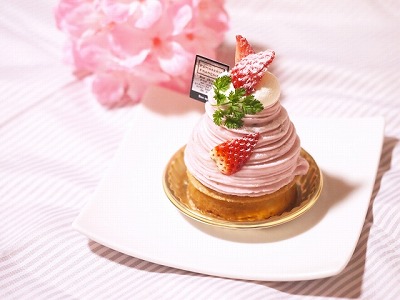
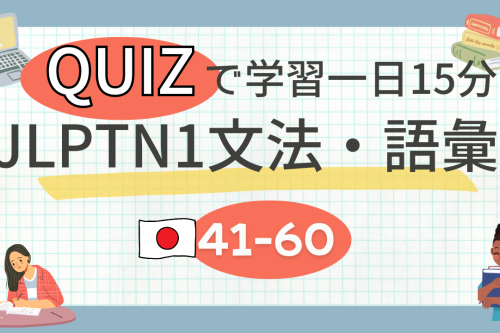
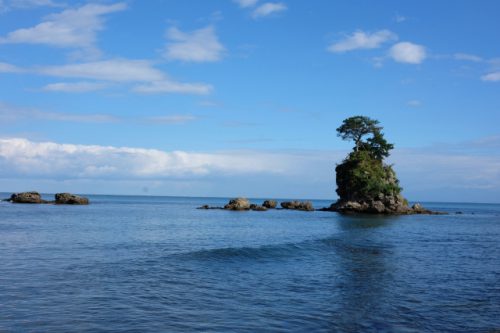
 Yukiko
Yukiko






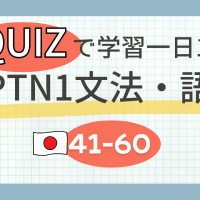
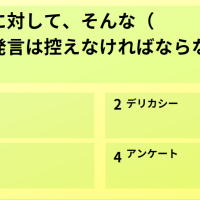

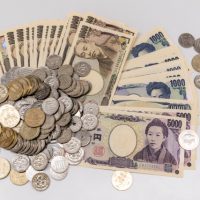
この記事へのコメントはありません。